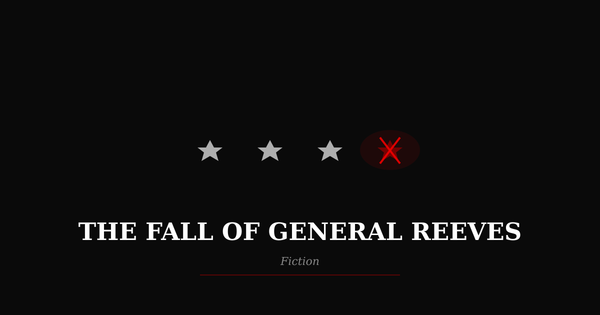No Bombing!
until it worked

He Was Against the Bombing—Until It Worked
The only thing Trump believes in is plausible deniability

In June 2019, the U.S. stood on the brink of war with Iran. A Navy surveillance drone had been shot down over the Strait of Hormuz. Iran claimed it violated their airspace; the Pentagon insisted it was flying legally over international waters. Tensions escalated. The Trump administration had a choice: strike or hold.
Predictably, Trump tried to do both.
Military officials presented him with options, including a limited airstrike on Iranian radar and missile sites. Trump approved it. Bombers were reportedly already in the air. Then, minutes before the strike, he called it off. His reason? He said he’d learned 150 people might die—and decided the response would be “disproportionate.” It was a rare moment of apparent restraint.
But with Trump, things are rarely what they seem.
Because when a different retaliation—a cyberattack on Iranian air defenses—was revealed to be successful, Trump immediately took credit. Suddenly, that had been the plan all along. He claimed it was his strategy, his win.
It wasn’t.
The cyber operation had been in the works for weeks, presented to him as a separate option. But none of that mattered. Trump needed a win—and there it was, waiting to be claimed.
This is Trumpism in its purest form: avoid risk, deny involvement, then grab the spotlight if it works. If the strike had gone badly—if Americans died, if Iran retaliated—he could say he canceled it. If the cyberattack had failed, that was someone else’s screw-up. But when it worked? Out came the tweets and the boasts.
He wasn’t against bombing Iran out of principle. He didn’t grow a conscience. He blinked—maybe because Fox News wasn’t on board yet. Then, when a hit landed anyway, he did what he always does: rewrote the script, made himself the genius, and waited for applause.
But then came the next twist: the “successful” cyberattack? Turns out it didn’t do much. U.S. officials later admitted it disrupted Iranian systems—but only temporarily. Iran’s nuclear program was delayed by months, not years. A speed bump, not a shutdown.
And now, it’s confusing. What actually happened? Was the cyberattack a precision win or an underwhelming gesture? Did Trump act out of caution or cowardice? Who really ordered what—and when?
That confusion is the point.
Trump’s entire strategy relies on keeping the facts murky. If you’re unsure what happened, who did it, or whether it mattered, he wins. Because confusion erodes accountability. It muddies timelines and replaces judgment with spectacle.
The cyber operation did happen. But it wasn’t decisive. It didn’t destroy Iran’s nuclear capacity—just delayed it. And it wasn’t uniquely “Trump’s plan.” The Pentagon had been working on it long before his erratic approval.
But none of that mattered to Trump. He only needed a day—one news cycle to shift the narrative from “Trump nearly started a war” to “Trump outsmarted Iran with cyberweapons.” That was the real goal: not results, but headlines. Not clarity, but control.
And when the truth trickled out—that Iran’s program survived, mostly unscathed—he simply moved on. The story had served its purpose. His base had already cheered. The rest was noise.
This playbook is still in use. Trump’s entire foreign policy—such as it is—hinges on this dance of fake toughness and constant deniability. He’ll say anything. He’ll reverse himself mid-sentence. And then he’ll act like you’re the lunatic for pointing it out.
Iran didn’t forget. The Pentagon didn’t forget. And neither should we.
In the theater of Trumpism, truth is optional, and memory is a liability. The only thing that matters is dominating the narrative—owning the headlines, flooding the zone, and walking away from the wreckage with your tie still straight and a smirk on your face.
In the end, Trump was against the bombing—until it worked. Then it was his idea. And even when it didn’t really work, it didn’t matter. Because by then, the spotlight had moved—and he was already basking in it.




